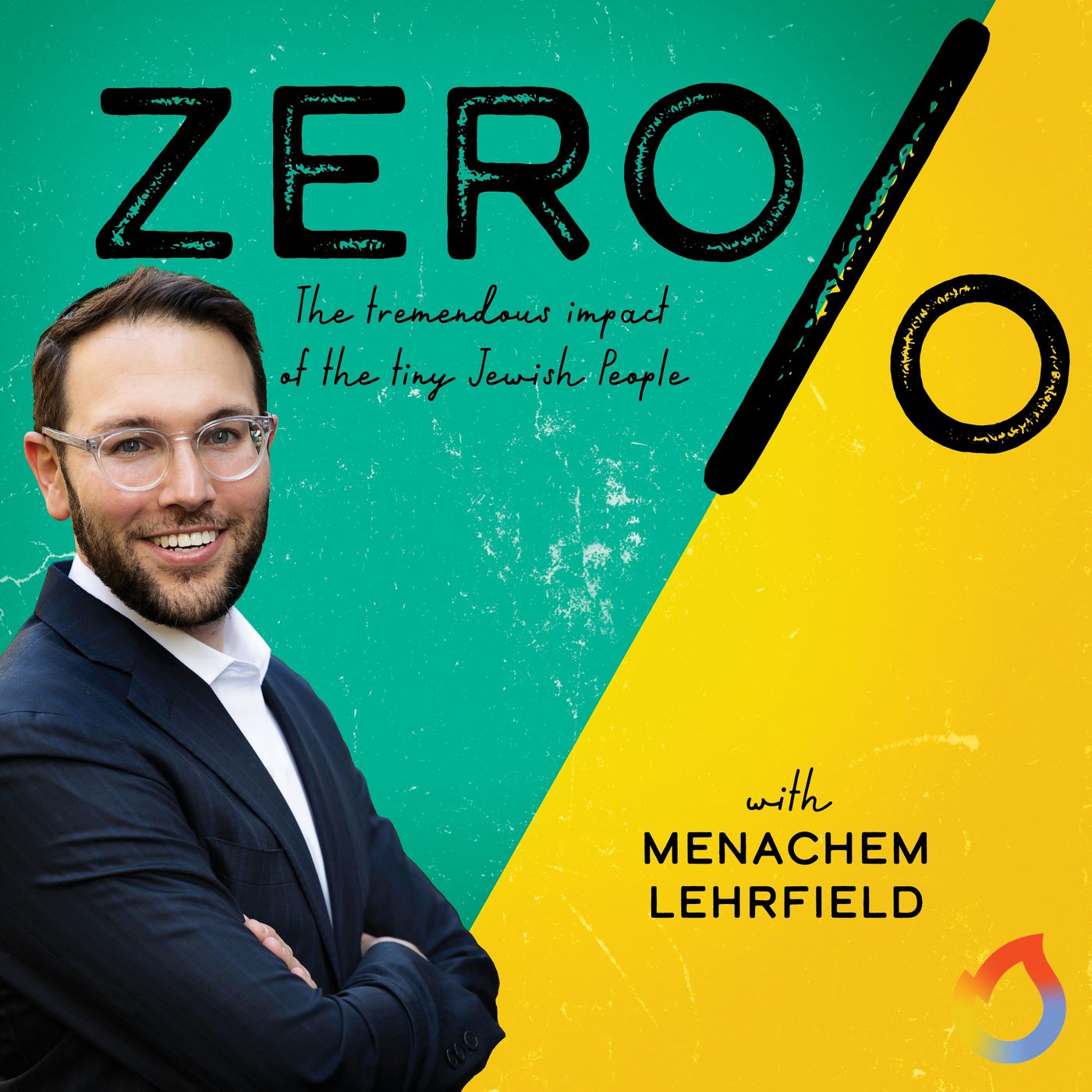8 - Not My Circus Not My Monkeys
Description
In this episode, we continue the conversation "Enjoy the Journey" and discuss facing challenges, and the outcomes that come from those challenges.
You can hear more from Dr. Dweck here: https://www.google.com/url?sa=t&rct=j&q=&esrc=s&source=web&cd=&cad=rja&uact=8&ved=2ahUKEwipi-3RjLbzAhWYvp4KHaBkCEEQwqsBegQIBRAB&url=https%3A%2F%2Fwww.youtube.com%2Fwatch%3Fv%3DhiiEeMN7vbQ&usg=AOvVaw0ZqEGfXWawIoLla_rt0vmU
You can get a copy of Mindset: The New Psychology of Success by Dr. Carol Dweck here:
https://www.amazon.com/Mindset-Psychology-Carol-S-Dweck/dp/0345472322
Episode Transcript:
Hey everybody, I'm Menachem Iehrfield. Welcome to Zero Percent. In this episode, we continue our discussion about enjoying the journey, so make sure you listen to part one of this, which is the previous episode. I want to start our conversation today by exploring the Hebrew word, nissayon, which means an ordeal. The root of the word is nes, N-E-S, or [foreign language 00:00:34] in Hebrew, which means a miracle. When we find a Hebrew root of a word, that means that there must be a connection between the word and its root. What is the connection between a nissayon, an ordeal, and nes, a miracle?
When we're challenged with something, all right? When I look at a challenge, I'm looking at an obstacle, something that I didn't necessarily choose. When God challenges us, why does he challenge us? Why does he test us? I test a student because I want to know whether or not they know the information, whether they can pass. If God is all-knowing, then he knows whether or not we can pass the test, so why would he challenge us and give us a test? Either I can pass it or I can't. If I can't pass it, it would seem cruel, and if I could pass it, it would seem pointless.
There was a mother who was trying to encourage her young child to play the piano and she took him to see the great Paderewski. They get to the concert hall, and before the show starts she sees a friend she hadn't seen in quite some time. So she goes over and the two women begin talking. While they're talking, the lights go down and it's time for the show to start. So everyone goes back to their seats, and the woman looks down and her son has gone. She's panic-stricken. She has this pit in her stomach of fear. Where is her little boy? And that pit in her stomach, that fear, very, very quickly turns into embarrassment, because she sees her child and he is on the stage. She is mortified. I mean, she wants to dig a hole in the ground and jump right in. So the spotlight is on this boy as he walks right to the grand piano, and he sits down at the bench and he begins pounding on the keys.
Meanwhile, Paderewski walks out. Everyone is just sitting there in silence, trying to see what is this great pianist going to say. What is he going to do? He walks over to the boy, he puts his left hand to the left, his right hand to the right, and he whispers in the boy's ear. He says, "Don't stop playing." He begins to play all around the boy and the people there said they heard the most magical music that night. He transformed that boy's noise into music.
In life, we're that little boy sitting at the piano, and we bang at the keys and we make lots of noise. Ultimately, God takes that noise and he whispers in our ear, "Don't stop playing." What he does is he transforms that noise into magical music. That is the process of an ordeal. When somebody is truly being challenged, not something that's difficult, not something that's uncomfortable, because if we haven't figured this out at this point, life is not...
More Episodes
Published 04/21/24
Published 04/19/24
Published 04/19/24


